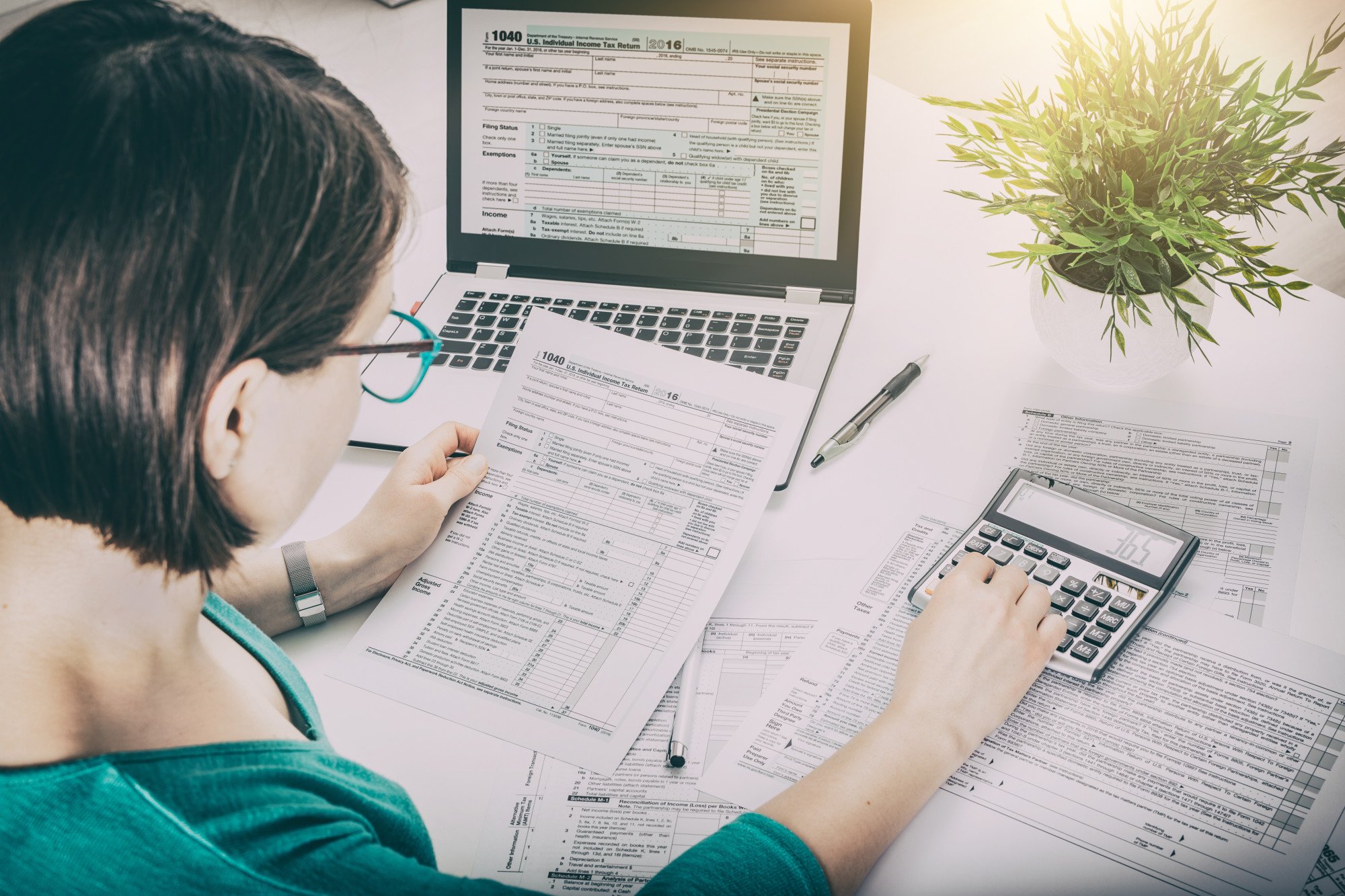The U.S. government is anticipating almost $2.5 trillion in income tax money this year.
Do you own one or more rental properties? As a landlord, it's crucial to have a solid understanding of tax statements and 1099s. These are essential aspects of managing your finances.
Are you wondering how you can stay compliant with tax regulations? Read on to learn what you need to know regarding tax statements and 1099s.
What Is a Tax Statement for Rental Properties?
This kind of document outlines the financial activity of your rental business throughout the year. It provides a summary of your income and expenses related to your rental properties. This includes rental income received from tenants.
Don't forget other expenses, such as maintenance, repairs, and property management fees. Having accurate and organized tax statements is crucial. That way, you can properly assess your rental property's financial performance.
Understanding 1099 Forms With This Landlord Guide
Are you asking yourself, "What is a 1099 form?"
People use 1099 forms to report several types of income over the course of a year. This includes income from any rental properties you own.
Have you received at least $600 in rental income from a tenant during the year? If so, you must issue a 1099 form to them and report this income to the IRS.
This form helps the IRS track and verify the income reported by landlords and tenants.
1099 Form Requirements for Landlords
If you pay an individual or a business more than $600 for services related to your rental property, you should provide them with a 1099. This includes payments to contractors, repair professionals, and property management companies.
Keeping accurate records of these payments is essential for fulfilling your tax obligations.
How to File Taxes With 1099s
If you've issued 1099 forms to recipients, you also need to send copies of these forms to the IRS. Along with the 1099 forms, you'll need to file a Schedule E. This works as part of your personal tax return.
Schedule E reports rental income, expenses, and general profit or loss from your rental properties.
Make sure to include all relevant details and double-check your math on rental property tax statements.
Benefits of Properly Maintained Tax Statements
Being organized allows you to easily track your rental property's financial performance. This will help you stay in the loop about pricing, expenses, and investment opportunities.
Having well-documented tax statements can be immensely helpful in case of an IRS audit. It provides clear evidence of your income and expenses. It also demonstrates your honest commitment to complying with tax regulations.
Now You Can Handle Tax Statements and 1099s
With these tips, you won't have to stress so much about your tax statements and 1099s. By making sure everything is done correctly, you can avoid audits.
Verandah Properties offers comprehensive management solutions in Orlando. That way, you can feel less overwhelmed and get the most out of your property investments. Our services include rental analyses, marketing, tenant screening, and more.
We'd love to schedule a consultation with you. Don't hesitate to touch base with a Verandah Properties representative today.


